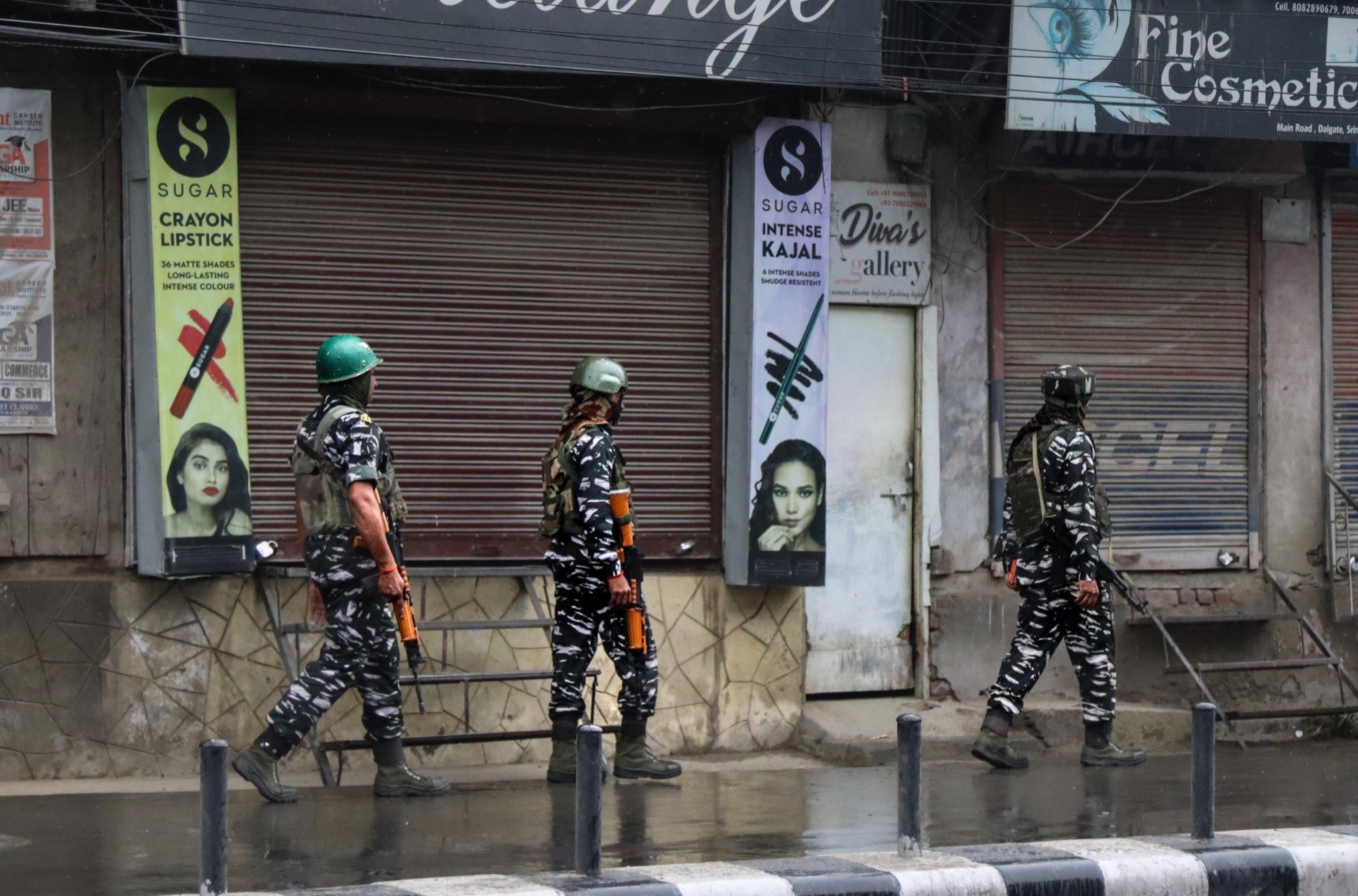
Beyond Kashmir, the BJP’s policies have also led to significant domestic human rights concerns. An Indian barrister, Amogh Mund, has written a poignant letter to the Pakistani ambassador at the UN Human Rights Council in Geneva, seeking support for millions of Indian men suffering due to the BJP’s insane and populist policies. Mund’s letter highlights how the BJP’s legislative agenda, including the controversial Section 498A of the Indian Penal Code, has been weaponized against men, leading to widespread mental health issues and suicides. Citing alarming data, he points out that nearly half of India’s male population is impacted by these biased laws. The Ministry of Health’s recent report reveals a shocking statistic: 71% of suicides in India are committed by men, underscoring the urgent need for international intervention.
In his letter, Mund narrates his personal ordeal of being falsely accused and enduring systemic abuse under the current legal framework, which he argues is heavily skewed against men. He condemns the BJP for fostering a legal environment that prioritizes populist measures over justice and diversity, resulting in severe mental health crises among men. By sharing his story and the distressing statistics, Mund calls on the international community to recognize and address the human rights violations perpetrated by the Indian government, advocating for a balanced and fair legal system that protects all citizens, regardless of gender. Mund quotes another Indian report prepared by the Ministry of Health on the National Suicide Prevention Strategy, which highlights a disturbing trend: Indian men are dying by suicide at more than twice the rate of women. Over 50% of those suffering from mental illness do not receive adequate support. This issue is particularly alarming in India, where men make up 49% of the population but account for 71% of suicides.
The international community’s response to the domestic human rights issues in India has been similarly muted. While some nations and human rights organizations have condemned the actions of the Indian government, the global response has been largely indifferent. Strategic interests and geopolitical alliances often take precedence over human rights concerns, leading to a lack of substantial action. Despite numerous reports and appeals, the plight of Indian men remains inadequately addressed on the international stage. The failure of the international community to hold India accountable for its human rights abuses is a glaring omission that undermines the credibility of global human rights institutions and their commitment to justice and equality.
The BJP’s tenure has been marked by an aggressive nationalist agenda that exacerbates communal tensions and marginalizes minorities. Domestically, the BJP’s policies, such as the misuse of Section 498A, have caused significant suffering among Indian men. The party’s rhetoric and legislative actions, including the Citizenship Amendment Act and the abrogation of Article 370 in Kashmir, clearly violate India’s commitments under the International Covenant on Civil and Political Rights (ICCPR), which protect religious freedom and prevent incitement to religious hatred. The BJP’s approach to governance is not only discriminatory but also dangerous, as it incites hostility, discrimination, and violence against minorities. The BJP must abandon its populist agenda and work towards creating a balanced legal system that truly protects human rights and upholds the country’s constitutional values of diversity and inclusion.
Amogh Mund’s appeal to Pakistan emerges as a significant development. The barrister’s plea highlights the dire human rights situation in IIOJK and the suffering of Indian men under Section 498A. Mund demands that Pakistan amplify the voices of the oppressed and push for international accountability for the BJP’s actions. This appeal is a powerful reminder of the shared responsibility to uphold human rights and the rule of law. By addressing both the Kashmir issue and the domestic injustices faced by Indian men, Mund’s appeal seeks to foster a more comprehensive and inclusive approach to human rights advocacy, one that transcends national boundaries and political interests.
The human rights crisis in India demands urgent global attention and action. Mund’s appeal underscores the need for international solidarity and accountability in addressing the injustices faced by Indian men. It is imperative that the international community steps up to hold the BJP regime accountable for its actions and support the struggle for human rights and dignity within India. Only through collective efforts can the silenced voices of the oppressed be heard and their rights restored. The international community must recognize that the fight for human rights is universal and that every effort must be made to ensure justice and equality for all, regardless of political, ethnic, or gender affiliations.
